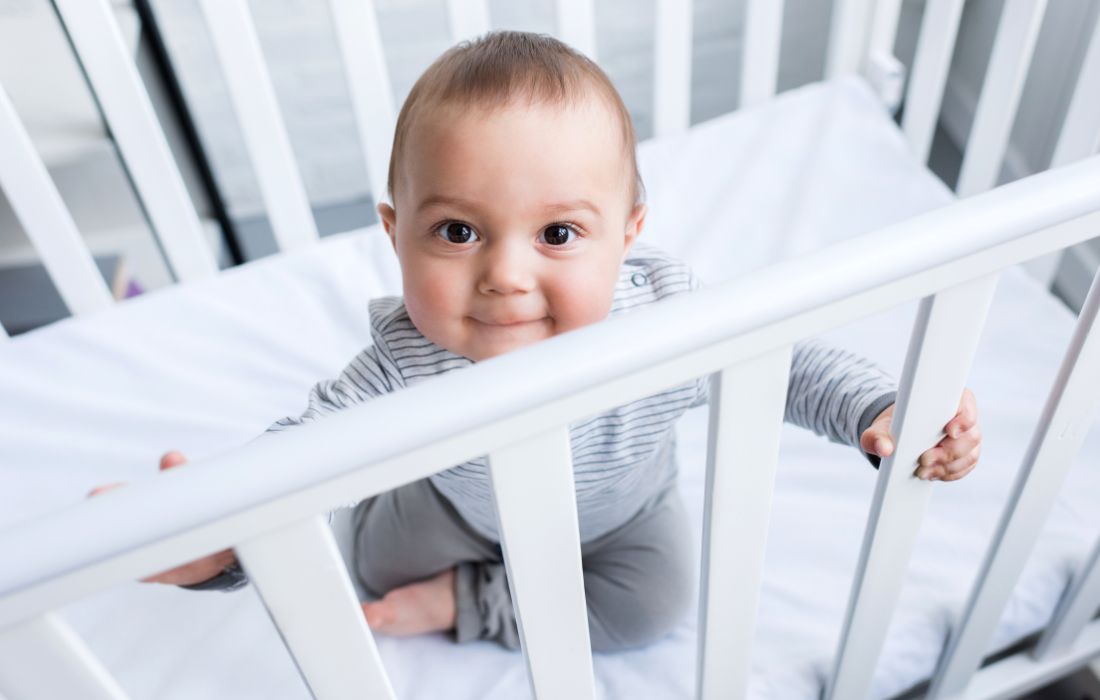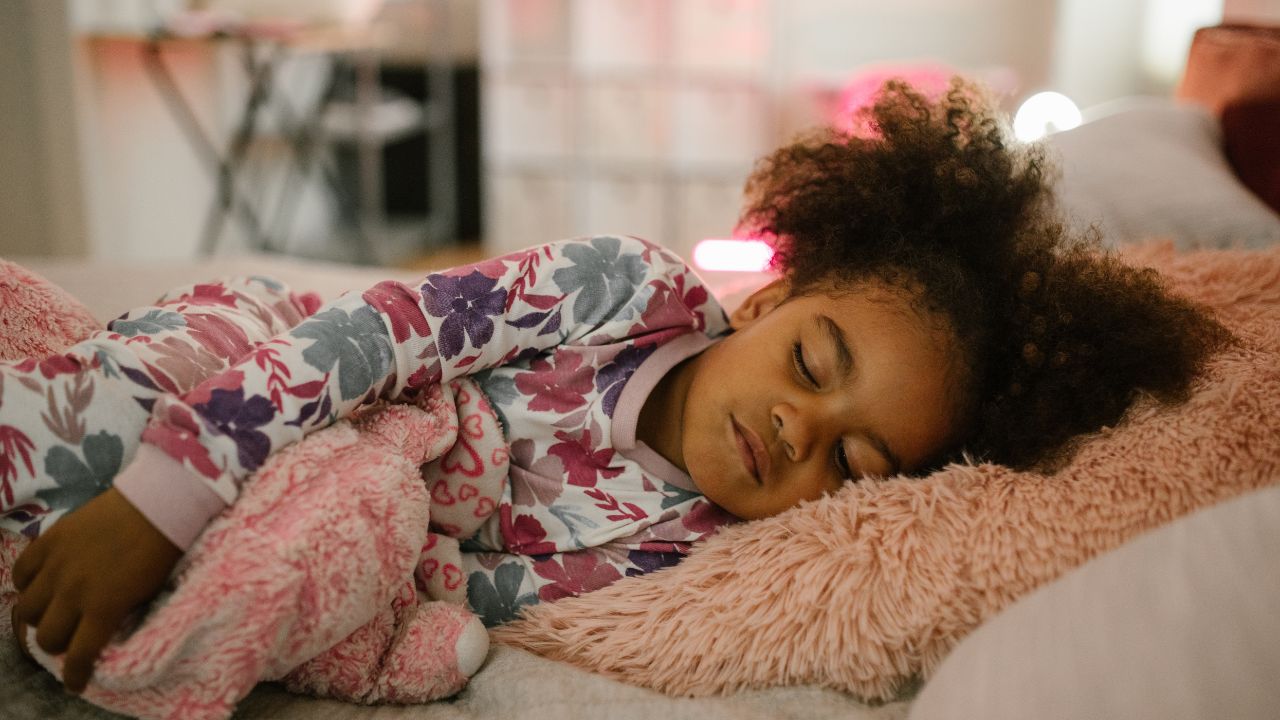 Just last week your baby was the life of the party. She loved being passed around to grandma, your neighbors, and smiled that adorable smile at everyone in the grocery store. Today, though? She’s clingy, fussy, and screams for you whenever anyone, even your partner tries to come near her. Suddenly the bedtime routine has to be done by the same parent every night, and napping is a struggle. Does this sound familiar? Your baby may be experiencing a bout of separation anxiety, which typically affects babies between 6 months and 2 years.
Just last week your baby was the life of the party. She loved being passed around to grandma, your neighbors, and smiled that adorable smile at everyone in the grocery store. Today, though? She’s clingy, fussy, and screams for you whenever anyone, even your partner tries to come near her. Suddenly the bedtime routine has to be done by the same parent every night, and napping is a struggle. Does this sound familiar? Your baby may be experiencing a bout of separation anxiety, which typically affects babies between 6 months and 2 years.
You may be wondering what this has to do with your baby’s sleep. In fact, episodes of separation anxiety usually effect sleep, as well as who your child chooses to spend her time with. Your baby may begin waking several times at night, crying, or refusing to settle down for sleep. As frustrating as this may be, it’s an important step in your baby’s development. He is beginning to recognize mommy (or daddy), and has a sudden understanding that not everyone is the same. It’s a lot for him to process, which is what prompts the tears, screaming, and, well, anxiety.
This is partially supported by your baby’s newfound understanding of object permanence, which is just a fancy way of saying that her room is still there even when she isn’t. Basically, she suddenly understands that when you leave the room, you don’t disappear like a game of peek-a-boo. Suddenly, she’s hit with the realization that you can go somewhere without her.
Thankfully, separation anxiety seems to come and go. It’s common for parents to notice periods of separation anxiety that coincide with sleep regressions, or developmental leaps. Although these periods are frustrating and exhausting, they do pass, and most children will have grown out of their separation anxiety by 2 years old.
Until then, though, there are some things that you can do to help your baby or toddler better deal with their separation anxiety.
Consistency, Consistency, Consistency
Having a flexible routine, especially for sleep and mealtimes, will help your child know what to expect, and in what order things happen. It’s a source of comfort. Remember, babies thrive on consistency.
If your baby is having a difficult time at night, consider introducing a lovey or transitional object that you’ve slept with for a few nights.
Do Not Create a Sleep Crutch
Remember that this is all new and a little unnerving to your baby when she wakes at night crying for you or climbs out of her bed and into yours. Separation anxiety is completely normal, so you need to take a gentle and consistent approach to dealing with sleep challenges. When your baby wakes or climbs out of bed, gently return her to bed (or lay her in the crib), making it clear that it’s sleepy time.
You may have to return to The Shuffle for a few days to help reinforce her good sleep habits, and that’s okay.
Play Games
There are some fun games that will help your child to learn The idea behind the game of peek-a-boo is to help your baby learn that when you leave, you’ll come back. Hide and seek is also a great game to help your toddler learn that although he can’t see you, you’re still there. Both games will show your baby that you may go away, but you’ll always come back.
ALWAYS Explain Your Absences
Preparing your child for when you leave will help her understand that you’ll come back. Even if she’s not very verbal yet, tell her where you’re going, and when you’ll return. Even if you’ll only be gone for a few minutes to another room, be sure to let her know that you’ll be right back.
Watch Your Expressions
Make sure that you are aware of your own expressions when you leave your child, or explain an absence. Parents can inadvertently cause anxiety if we look upset, so be careful to watch your words and expressions before you leave to help boost your baby’s confidence that you will come back.
When all else fails, remember that this is just a phase, and a passing one at that.
Did your baby go through a bout of separation anxiety? What helped?
Was this article helpful to you? Please tell us by commenting below! For more baby, toddler, and family sleep tips and tricks, please subscribe to The Sleep Lady’s Facebook, Twitter, Pinterest, Google+, and YouTube channel! If you are looking for more sleep content, please check out Get Sleep Now-an exclusive members-only area designed to provide in-depth help and support during your sleep coaching experience.







